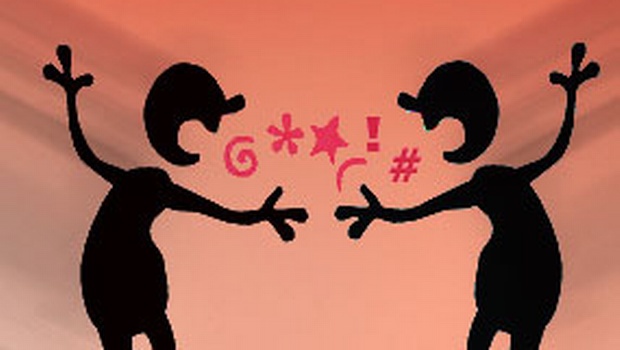Criticism is a tricky business. How do we decide what is worthy of praise or scorn, and how does it compare to another person’s contrasting opinion? In light of Julius’s fantastic article earlier today, The Anti-Critical Nature of the Poptimist, I wanted to ask, what are your favorite blasts of invective? They can be reviews for art of any medium, they can be short, pithy jabs or long, methodical hatchet jobs. The only rule is they must be calculated and brutal.
Here are three of my favorites.
***
Zoë Heller on Salman Rushdie’s memoir, Joseph Anton:
‘A man living under threat of death for nine years is not to be blamed for occasionally characterizing his plight in grandiloquent terms. But one would hope that when recollecting his emotions in freedom and safety, he might bring some ironic detachment to bear on his own bombast. Hindsight, alas, has had no sobering effect on Rushdie’s magisterial amour propre. An unembarrassed sense of what he is owed as an embattled, literary immortal-in-waiting pervades his book. He wants us to sympathize with the irritation he felt when the men in his protection team abbreviated his grand, Conradian-Chekhovian alias to “Joe.” He wants us to appreciate his outrage at being given orders by jumped-up Scotland Yard officers. (“It was a shaming aspect of his life that policemen felt able to talk to him like this.”) He wants us to understand the affront he felt when diplomatic efforts on his behalf were held up by negotiations to bring back British hostages from Iran: “Terry Waite’s human rights had to be given precedence over his own.” Above all, he wants us to share his aggrieved sense that he was a prophet without nearly enough honor in his own country.’
Roger Ebert on the film, Body of Evidence:
‘When it comes to eroticism, “Body of Evidence” is like Madonna’s new book. It knows the words but not the music. All of the paraphernalia and lore of S & M sexuality are here, but none of the passion or even enjoyment. We are told by one witness that sex with the Madonna character is intense. It turns out later he’s not a very reliable witness.’
AA Gill on Morrissey’s autobiography, Autobiography:
‘The book falls into two distinct passages. The first quarter is devoted to growing up in Manchester (where he was born in 1959) and his schooling. This is laughably overwrought and overwritten, a litany of retrospective hurt and score-settling that reads like a cross between Madonna and Catherine Cookson. No teacher is too insignificant not to be humiliated from the heights of success, no slight is too small not to be rehashed with a final, killing esprit d’escalier. There are pages of lists of television programmes he watched (with plot analysis and character criticism). He could go on Mastermind with the specialist subject of Coronation Street or the works of Peter Wyngarde. There is the food he ate, the groups that appeared on Top of the Pops (with critical comments) and the poetry he liked (with quotes). All of this takes quite a lot of time due to the amount of curlicues, falderals and bibelots he insists on dragging along as authorial decoration. Instead of adding colour or depth, they simply result in a cacophony of jangling, misheard and misused words. After 100 pages, he’s still at the school gate kicking dead teachers.’
***
These are just a few. So, hallucinatory readers, what are yours?


